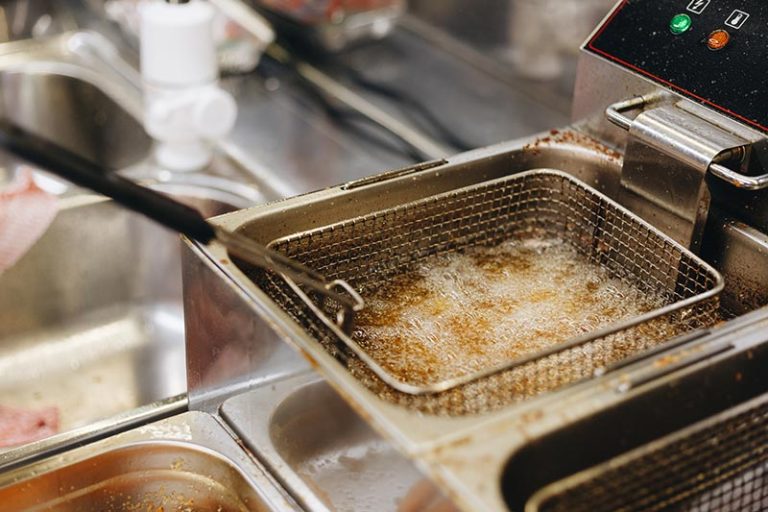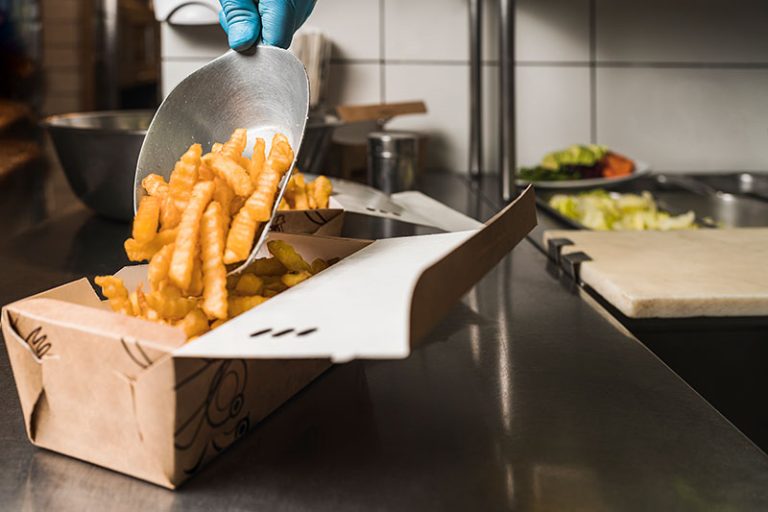The Role of Technology in Ensuring Compliance with Used Cooking Oil Regulations
Simplifying Compliance Through Technology
The complexities of compliance in used cooking oil management can overwhelm even the most diligent restaurant owners. From maintaining proper storage and ensuring timely pickups to keeping accurate documentation, every step must align with strict environmental regulations. Thankfully, modern technology offers solutions that simplify these challenges while improving efficiency and sustainability.
Digital tools and automated systems have become game-changers for the food service industry. By streamlining processes, reducing human error, and providing real-time insights, these technologies empower businesses to stay ahead of compliance requirements.
IoT Monitoring for Real-Time Oversight
One of the most impactful advancements in oil management is the use of Internet of Things (IoT) technology. IoT-enabled sensors installed in storage containers monitor oil levels, quality, and temperature in real time. These sensors send alerts when oil levels reach a certain threshold, ensuring timely pickups and preventing overflows.
This level of oversight eliminates the guesswork from oil management. By providing accurate, up-to-the-minute data, IoT systems help restaurant owners maintain compliance effortlessly. These tools also optimize collection schedules, reducing unnecessary pickups and saving on costs.
Digital Documentation for Compliance Audits
Keeping accurate records of oil disposal and recycling is critical for passing inspections and avoiding penalties. However, manual documentation processes are often prone to errors and omissions, which can leave businesses vulnerable during audits.
Digital documentation tools address this issue by automating record-keeping. Many certified oil recycling vendors now offer apps or platforms where businesses can log collections, track oil volumes, and access compliance reports. These platforms centralize all data, making it easy to retrieve and present during an audit.
For multi-location operations, digital tools provide consistency across sites, ensuring that all locations adhere to the same high standards. This not only simplifies compliance management but also reinforces a unified approach to sustainability across the brand.
Automated Scheduling for Timely Pickups
Missed pickups or delayed collections can lead to compliance violations, particularly when storage containers overflow or oil quality deteriorates. Automated scheduling systems integrated with recycling vendors prevent these issues by ensuring timely pickups based on real-time data.
These systems allow restaurant owners to focus on their core operations without worrying about the logistics of oil collection. They also help vendors optimize routes and schedules, reducing the environmental impact of transportation while maintaining efficient service.
Enhancing Accountability Through Technology
In addition to simplifying compliance, technology fosters accountability. Automated systems provide a transparent view of oil management practices, from the moment oil is stored to its final recycling destination. This transparency builds trust with customers, staff, and regulatory bodies.
For example, some recycling vendors offer insights into how recycled oil is repurposed—whether into biodiesel, animal feed, or other products. Sharing this information with customers not only demonstrates compliance but also highlights your commitment to sustainability, creating a powerful marketing advantage.
Investing in the Future of Oil Management
Adopting technology for oil management isn’t just a short-term fix; it’s a long-term investment in your business’s success. As regulations continue to evolve and sustainability becomes a higher priority, having the right tools in place ensures that your operations remain compliant and competitive.
The financial benefits of technology are equally compelling. From reducing labor costs through automation to earning higher rebates for clean, well-managed oil, these tools often pay for themselves over time. By integrating smart systems into your kitchen, you can reduce waste, improve efficiency, and unlock new opportunities for growth.
Staying Ahead with Smart Solutions
The landscape of compliance in used cooking oil management is becoming increasingly complex, but technology is making it more manageable than ever. Tools like IoT sensors, digital documentation platforms, and automated scheduling systems provide the oversight and efficiency needed to stay compliant while supporting sustainability.
Longview Environmental encourages restaurant owners to explore the many tech-driven solutions available. By leveraging these innovations, you can simplify compliance, enhance accountability, and position your business as a leader in sustainable practices. The future of oil management is here—embrace it today.








